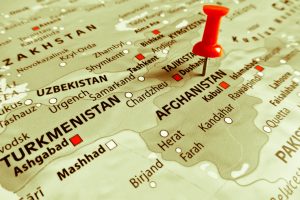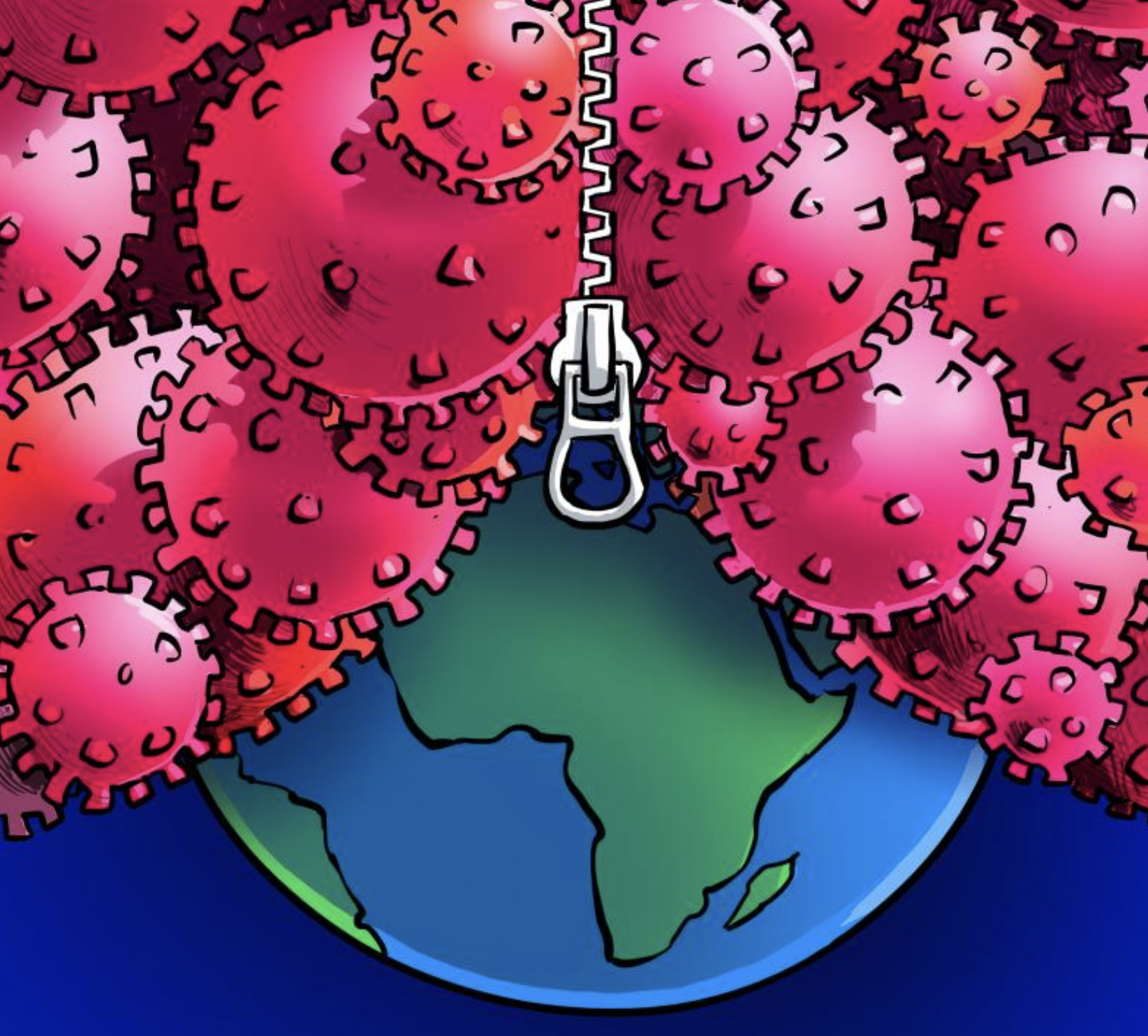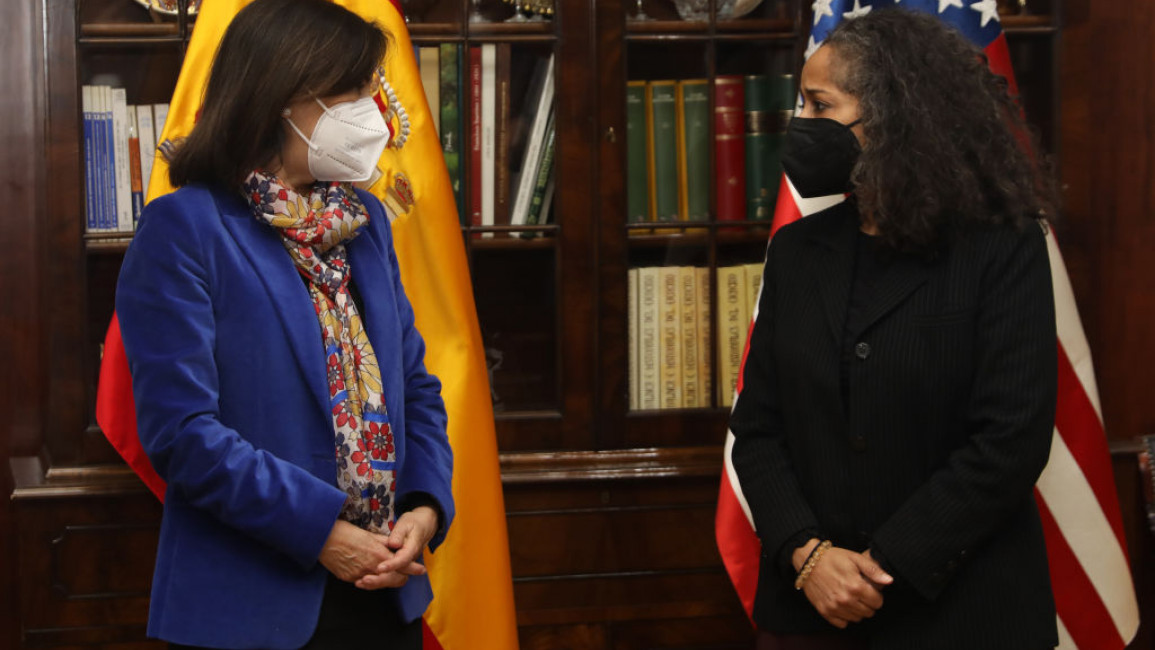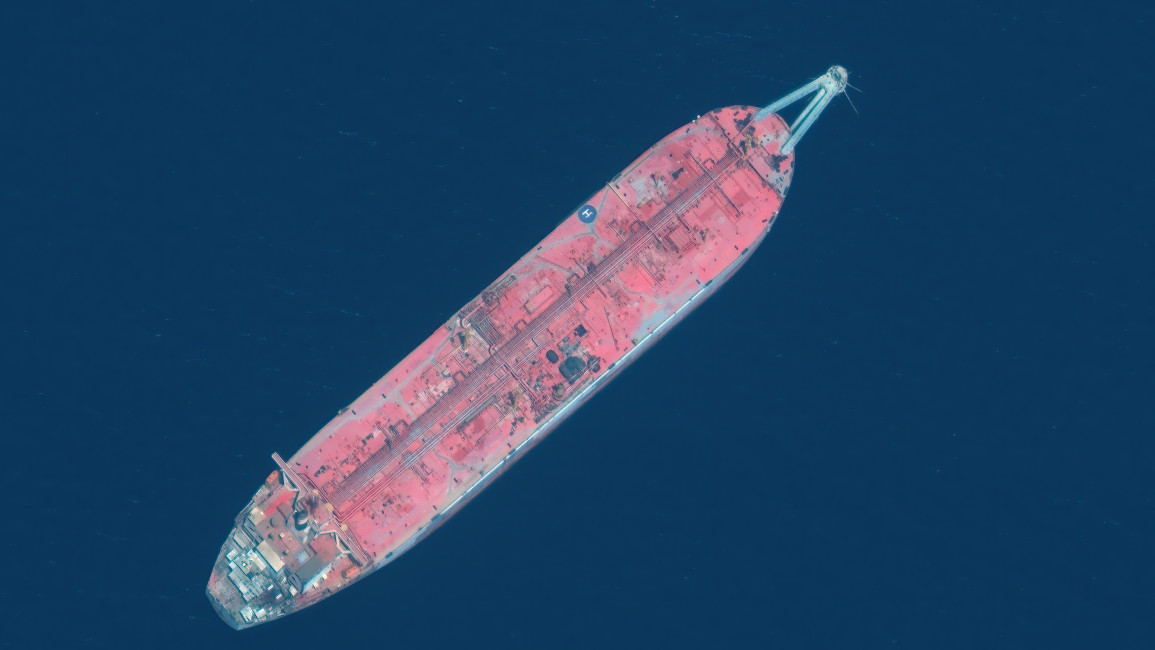ANALYSIS COVID19 AND FUNDAMENTAL RIGHTS
The legitimacy of lockdown, according to Jürgen Habermas
Jürgen Habermas recently argued that the pandemic measures of the German government hadn’t gone far enough. To weigh the state’s duty to protect life against other rights and freedoms was unconstitutional, he warned. In the ensuing controversy, critics accused him of authoritarianism. Were they right?
LONG READ
Jürgen Habermas’s article in the September 2021 issue of German political monthly Blätter für deutsche und internationale Politik is the latest example of what his first editor described as the philosopher’s ability to create "a huge brouhaha" (einen gewaltigen Wirbel) in the German public sphere. (1)
In the piece, Covid-19 and the protection of life, Habermas not only defended the legitimacy of restrictions on civil rights – including free movement and assembly – designed to reduce infections by SARS-CoV-2, but also argued that the German government was not going far enough to protect the population. By taking as its baseline the availability of intensive care beds, rather than the risk of infection per se, the government was, he argued, failing to observe its constitutional duty to "exclude all courses of action that risk the probable endangerment of the life and physical integrity of a foreseeable number of innocent citizens."
On Habermas’s reading, the prohibition on the subordination of individual human life to any other goal is the supreme value not only of Germany’s post-war democratic political culture, but of the Basic Law itself. To argue – as some German jurists recently have – that risk to human life could be weighed against other basic rights was therefore not merely unethical, it was also legally false.
Although Habermas initially frames his argument broadly in terms of the democratic constitutional state, his citations and later discussion reveals that it is primarily addressed to the legal-ethical discourse in Germany (as so many of his public interventions are).
More : Instrumentalising the health crisis. On herd democracy and human dignity
Even in Germany, the reaction was somewhat muted compared to previous occasions. This probably says something about not only the public appetite – or lack thereof – for serious discussion about the measures to fight the pandemic, but also the polarisation of these debates when they do occur. Rather than engaging objectively with Habermas’s arguments, the response descended into the kind of polemic with which, after two years of pandemic, we are all-too familiar.
In a response entitled The Habermas dictatorship, published in the conservative German daily Die Welt on 11 October, features editor Andreas Rosenfelder accused him of creating a 'biopolitical Leviathan that can restrict any freedom for the purpose of infection control, always and everywhere, without condition and without measure'. Rosenfelder objected to Habermas’s framing of the critics of the lockdown policy as 'libertarians' opposed to state authority by definition. This, he argued, implied that the government and those who supported its 'strict' lockdown policy were simply 'defending' a legal norm, rather than 'a practice hastily borrowed from China'.
Rosenfelder’s diatribe – and the resonance it received on social media – reflect the discontent within parts of German society with what is seen as the 'media technocracy' over the course of the pandemic. Wild assertions such as that lockdowns are 'borrowed from China' (if anything they are rooted in the development of quarantines and cordons sanitaires to restrict the freedom of movement during the bubonic plagues) are par for the course in this discourse. Hyperbole aside, however, Rosenfelder was right that Habermas allows the government significant authority to restrict fundamental rights.
But while Habermas’s prioritisation of the protection of life might be extreme in certain respects, his proposals were neither particularly radical nor potentially authoritarian. Moreover, despite championing 'the unforced force of the better argument', Habermas is aware that philosophy does not have a privileged position in modern life.(2) Whereas professional thinkers may highlight certain problems, it is the public that serves as the ultimate arbiter.
As I shall argue, this fallibilistic commitment to the public sphere as the essence of modern democratic life has important implications both for Habermas’s argument itself, and for the power of governments to restrict the fundamental rights of their citizens in the face of SARS-CoV-2 while respecting the strictures of democratic legitimacy.
Origins
Starting with his attack on Martin Heidegger in 1953 for failing to apologize for his collaboration with the Nazis, to his role in the Historians’ Debate in the mid-1980s and his interventions in the aftermath of the financial crisis of 2008, Habermas has intervened in almost every important controversy in post-war Germany. More recently, he has expanded his focus to debates on the future of the EU and the emerging European public sphere.
While Habermas argues that the public intellectual plays a crucial role in a liberal political culture as a 'guardian of rationality', he does not consider them to be neutral figures.(3) On the contrary, while public intellectuals help to ensure that the public exchange of ideas proceeds thoughtfully and on the basis of good information, they can take strong positions and make ‘arguments sharpened by rhetoric’.(4) Habermas has therefore never shied from controversy in his quest to improve the quality of public debate about the key issues of the day.
More : The virus as metaphor
In this case, Habermas’s argument had been rehearsed in a number of shorter public comments, both in Germany and abroad. In an interview in Le Monde in April 2020, Habermas noted that while emergency measures posed a number of problems for democratic legitimacy, pandemic states of exception were required in order to protect ‘the fundamental right to life and to physical integrity’. Despite the understandable pull of the ‘utilitarian temptation’, politicians must not, he argued, trade lives against economic considerations.
This is not to say that Habermas disregards such considerations entirely. On the contrary: in a plea published in both Die Zeit and Le Monde two weeks earlier, he and his co-signatories – including German former Foreign minister Joschka Fisher, French-German former Green MEP Daniel Cohn-Bendit and German academic Axel Honneth – called on the European Commission to set up an EU-based 'corona fund' by borrowing on international financial markets at low interest rates. This, they argued, would enable the EU’s members to 'shoulder the huge financial burdens of the crisis together'. Such a step would not only allow poorer states to care for the economic wellbeing of their citizens without having to lift lockdowns prematurely; it would also take advantage of a new social atmosphere in which it was 'popular to show helpfulness, empathy and hope'.
While the pandemic created a tension in the generally “complementary relationship” between democratic self-empowerment of citizens to act collectively and the individual rights protected by the constitution, states of exception demanded that such conflicts be resolved in favour of the former
These earlier interventions highlight two aspects of Habermas’s thought that his critics overlooked. The first regards the role of solidarity in democratic politics, especially within a state of emergency. In his Blätter article, Habermas argued that democracy was incompatible with an individualistic conception of citizenship and instead required citizens to conceive of themselves as part of a collective able to act for the common good. Especially under crisis conditions – such as those brought about by Covid-19 – 'the state is dependent on unusually high cooperation from the population'. While the pandemic created a tension in the generally 'complementary relationship' between democratic self-empowerment of citizens to act collectively and the individual rights protected by the constitution, states of exception demanded that such conflicts be resolved in favour of the former.
In contrast to proponents of a looser approach, Habermas rejected the idea of a 'trade-off between the right to life and those competing basic rights that public health measures do indeed seriously impinge upon'. In situations such as the Coronavirus pandemic, precedence had to be given to the protection of life as the prerequisite for all other rights. The state could still 'offset' the priority given to the protection of life 'against secondary effects that threaten lives elsewhere and in other ways, but not against claims from competing basic rights'.
This conclusion follows from Habermas’s philosophical thought. His social and political theory is rooted in the fact that human interactions can be interpreted from two different and incompatible viewpoints: the internal perspective of a participant in a 'lifeworld' and the external, 'system'-based perspective of an observer. While the latter has certain advantages, most notably in governing efficient and materially productive market relations, Habermas worries about the ability of such functional, system-thinking to 'colonize' the lifeworlds of individuals by encroaching too far onto their daily lives and everyday interactions with others.(5)
For Habermas, prioritizing economic considerations (by privileging individual private rights) over the protection of life is precisely such a form of colonisation. In his interview with Le Monde, he noted that the 'language of “value”, borrowed from the sphere of economics, encourages quantification. But a person’s autonomy cannot be treated in this way … there is no “choosing” one human life over another.’ During short states of exception, therefore, politics 'as the means to achieve collective goals” demands priority over the law as ‘medium for guaranteeing subjective freedoms'.
Implications
A powerful statement of the danger of creeping authoritarianism has come from another public intellectual and philosopher, Giorgio Agamben. At the beginning of the pandemic, Agamben noted 'the increasing tendency to use the state of exception as the normal paradigm of government'. Habermas’s Italian counterpart therefore warned of the deleterious consequences of normalizing the kind of public monitoring, surveillance and restrictions on movement deemed necessary to fight the Coronavirus.Habermas is sensitive to concerns about the overuse of emergency politics. However, he noted that 'only Covid deniers could vilify measures justified solely for the duration of the pandemic as an excrescence of biopolitics'. In his public comments, Habermas has repeatedly emphasized that exceptional measures to protect life can be democratically legitimate only when supported by a majority of the population. He therefore stressed that when the political perspective of the participant is allowed to infringe upon basic rights, citizens must be able to trust ‘that the government will not allow the regime of legally mandated common-interest behaviours introduced on health-policy grounds to persist beyond the current hazardous situation’.
Understanding the basis for such trust and what prevents democratic states from imposing or extending states of exception indefinitely requires a deeper dive into Habermas’s philosophical system. Habermas defines democracy not in terms of majorities – as with republican supporters of popular sovereignty – nor in terms of unfettered respect for individual rights – as with liberals. Rather, democracy requires that ‘all decisions of consequence will depend on the practical discourse of the participants’.(6)
This does not mean that all such decisions must be made by referendum or that citizens have to actively consent to every government policy. Instead, the democratic process is legitimized by the ability of citizens to voice their disapproval through opposition, protest and debate. Not only that: the government must remain sensitive to the public’s discursive veto power by changing course in response to mass repudiations of government policy.(7)
As the foundation of modern democratic life, what Habermas refers to as the ‘anarchic, unfettered communicative freedom’ of public debate must be open to all topics and to everyone affected. This ‘wild’ process of opinion-formation, ‘in which equal rights of citizenship become socially effective’, must be matched by the sensitivity of the government and the institutions of law to public opinion.(8) Such an approach ensures the defence of civil liberties – both through the legal system and the prerequisites of the public sphere itself – and allows citizens to see themselves as co-authors of the laws that bind them. Even the compulsory restrictions imposed by state during the pandemic retain their ‘unique character as a voluntary contribution of the individual towards the collective accomplishment of a universally approved political task’.
If an open, functional and politically influential public sphere is the prerequisite for democratic legitimacy, then the presence of such an institution is the origin of citizens’ trust that the state will not abuse its powers. Even if governments were to overstep these boundaries, Habermas believes that the public could make use of vibrant national political spheres and the sensitivity of political institutions to public opinion to force a change. Because the modern, digitized public sphere enables both opinion-formation and the mobilisation of the people without physical contact, restrictions on mobility and measures to ensure physical distancing no longer impede its functioning.(9)
Even the compulsory restrictions imposed by state during the pandemic retain their "unique character as a voluntary contribution of the individual towards the collective accomplishment of a universally approved political task"
The situation is very different in illiberal or authoritarian regimes, where the ability of citizens to express themselves is restricted by surveillance, media concentration and other measures designed to tame the ‘wildness’ of the public sphere. ‘Illiberal democracies’ like Poland and Hungary still hold elections and protect constitutional rights at a theoretical level; however, since citizens are no longer empowered to act in a politically autonomous way that would allow them to see themselves as co-authors of the law, these regimes can no longer claim democratic legitimacy. In this regard measures to fight the pandemic are no different than any other political decision.
Conclusions
In appealing for the legitimacy of public health measures designed to prevent predictable and avoidable increase in infections and deaths, Habermas is fulfilling his role as a public intellectual ‘who seeks out on important issues, proposes fruitful hypotheses, and broadens the spectrum of relevant arguments in an attempt to improve the lamentable level of public debates’.(10) He is speaking in response to the growth in Corona-denialism in Germany and around the world, which is not just disrupting civil order, but also prolonging the pandemic and facilitating the mutation of the virus and the potential creation of vaccine-resistant variants of SARS-CoV-2.
This task is very different from that of epidemiologists who advise governments. Habermas argues that it is not the place of philosophers to give their opinions on the gravity of the threat of the virus itself, as Agamben did in calling Covid-19 ‘a normal influenza’. Instead of undermining public faith in medicine, intellectuals can help to ensure that societies engage in processes of opinion-formation to ensure that both expert advice and the will of the people are taken into account and balanced in a politically acceptable manner.
In this way, public intellectuals help to create and maintain the democratic solidarity necessary for individuals to act collectively as citizens. This is necessary, because – as Habermas noted in his Blätter article – ‘without civic common interest to back up mandatory law, the democratic state under the rule of law cannot have a political existence’. Aiding in the creation of such a collective ‘we-perspective’ is a crucial contribution, especially during crises such as the present, which demand sacrifices from everyone and can only be overcome concertedly. The pandemic should be seen as a chance to show solidarity and the ability to act collectively, not an opportunity to stubbornly assert one’s individual rights in a way that endangers others and further prolongs a pandemic that everyone wishes was already over.
👉 Original article on Eurozine.
References
(1) Karl Korn quoted in Lorenz Jäger, ‘Heimsuchung von Heidegger’, Zeitschrift Für Ideengeschichte 15, no. 3 (2021), 12.
(2) Peter J. Verovšek, ‘The Philosopher as Engaged Citizen: Habermas on the Role of the Public Intellectual in the Modern Democratic Public Sphere’, European Journal of Social Theory 24, no. 4 (2021).
(3) Jürgen Habermas, Philosophical Introductions: Five Approaches to Communicative Reason, Cambridge: Polity 2018, 152.
(4) Jürgen Habermas, ‘Heinrich Heine and the Role of the Intellectual in Germany’, in The New Conservatism: Cultural Criticism and the Historians’ Debate, Cambridge: MIT Press 1989, 73.
(5) See Peter J. Verovšek, ‘Taking Back Control Over Markets: Jürgen Habermas on the Colonization of Politics by Economics’, Political Studies (2021).
(6) Jürgen Habermas, Theory and Practice, Boston: Beacon Press 1974, 34.
(7) Stephen K. White and Evan Robert Farr, ‘“No-Saying” in Habermas’, Political Theory 40, no. 1 (2012).
(8) Jürgen Habermas, Between Facts and Norms: Contributions to a Discourse Theory of Law and Democracy, Cambridge: MIT Press 1996, 186, 307–8.
(9) Katharine Dommett and Peter J. Verovšek, ‘Promoting Democracy in the Digital Public Sphere: Applying Theoretical Ideals to Online Political Communication’, Javnost – the Public 28, 4 (2021).
(10) Jürgen Habermas, Europe: The Faltering Project, Cambridge: Polity Press 2009, 52, 55.













